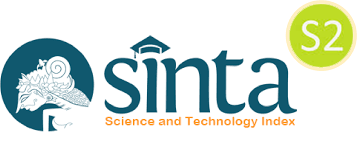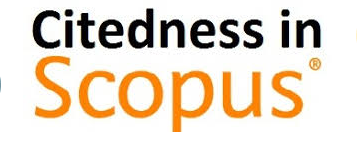The Salad Days of the EU Digital Service Tax
DOI:
https://doi.org/10.18196/iclr.1208Abstract
Responding to a series of aggressive tax planning allegedly committed by multinational corporations running their businesses on digital platforms, states have drafted laws that would enable them to impose additional taxes on such corporations. In the EU, the proposal for a Council Directive on the Digital Services Tax (DST) projects for a 3% tax chargeable on the revenues generated by corporations surpassing a certain threshold of global and EU yearly revenues. The initial plan is to tax these corporations with respect to their online placement of advertising, enabling of online marketplaces, and sales of collected user data. While the EU organs are still undergoing the due legislative processes on the proposal, two flaws of the DST may be argued, namely that it conflates features of direct taxes (i.e. income tax) with that of indirect taxes (i.e. value added tax); and that it embeds covert discriminatory measures against certain multinational corporations. The maturation of the DST depends on the formulation of sound legal principles and ingenious concept which would hallmark a DST regime from the corporate income tax one.
Downloads
Additional Files
Published
Issue
Section
License
By publishing with Indonesian Comparative Law Review, authors agree to the following terms:
1. Authors retain the copyright to their work and grant Indonesian Comparative Law Review the right of first publication, while also licensing the work under a Creative Commons Attribution License (CC BY 4.0). This license permits others to share the work, provided they acknowledge the author and the initial publication in this journal.
2. Authors may enter into separate agreements for non-exclusive distribution of the published version of their work, such as posting it to an institutional repository or including it in a book, with acknowledgement of its initial publication in this journal.
3. Authors are encouraged to share their work online, for example on institutional repositories or personal websites, both before and during the submission process. This practice can lead to productive exchanges and increased citation of published work.



